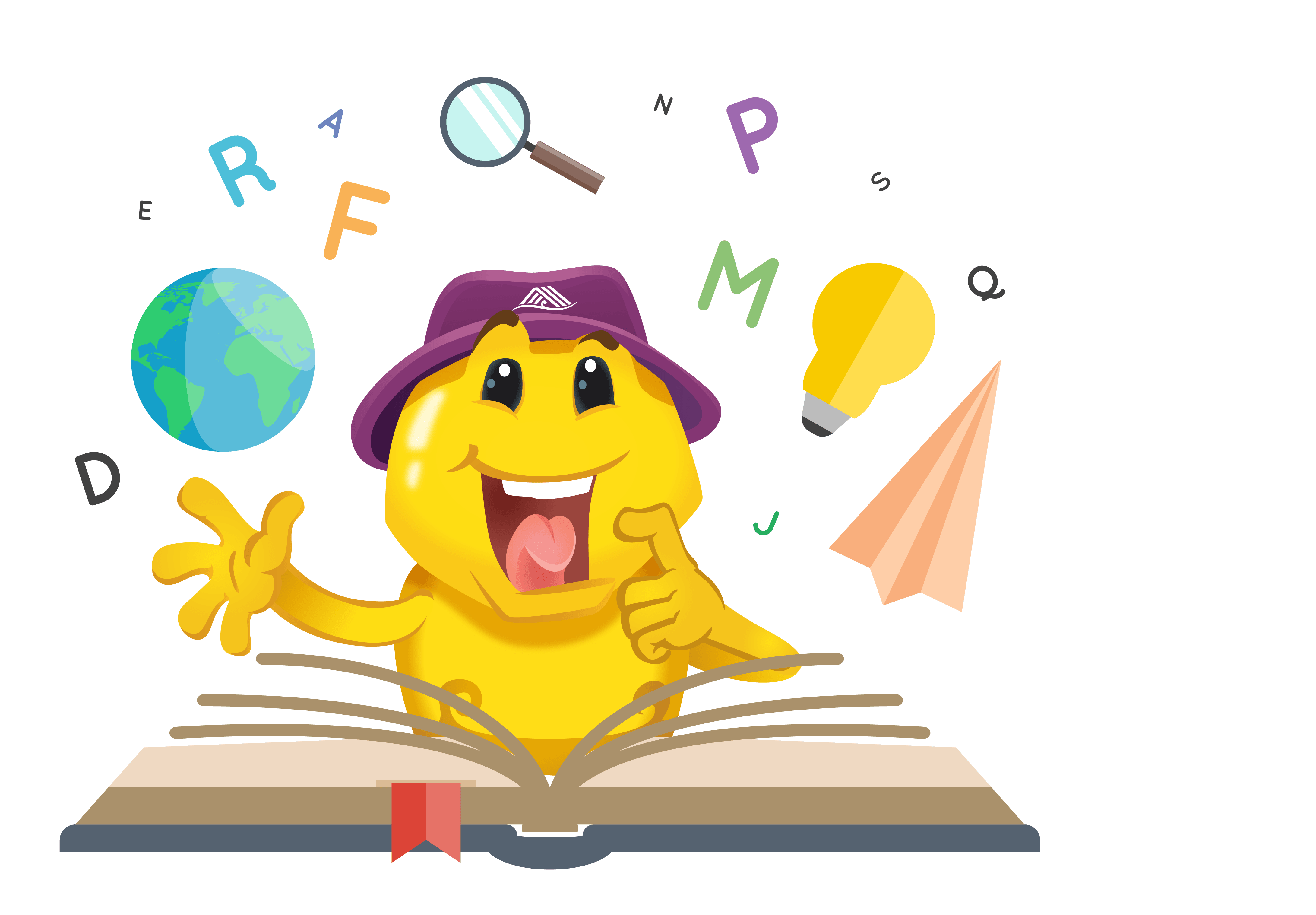Literacy
At our school, we use a structured literacy approach dedicated to establishing a firm foundation in reading and writing skills for all our learners. Through explicit instruction, we address any literacy gaps, ensuring swift progress in learning around the use of sounds and how words fit together.
Sets of Sounds
We teach our learners in sets of sounds and the importance of saying the sound, putting the sound in a word for reading, putting a sound into a word for writing and then forming a simple sentence for both reading and reading.
Memory of Words
We also develop learners' memory of words through reading and writing. These words are systemic across our school to support a consistent approach to reading and writing. Learners just have to practise these words over and over again until they are stored in the long term memory.

Writing
All learners receive explicit instruction in various writing genres, such as persuasive, recount, descriptive, report and narrative, while also mastering simple, compound and complex sentence structures that form coherent paragraphs.
The resources linked below show what key things learners learn at each level of writing as well as a letter formation worksheet (PDF).
› Writing Success Criteria
› How to form letters correctly (PDF worksheet)
Reading
Once learners attain fluency in reading through our structured literacy approach, teachers shift focus to comprehension skills. These skills include retelling in the correct order, prediction, identifying the author's purpose, making inferences, drawing from prior knowledge, evaluating and synthesising information.
Through shared books and poems, learners develop a passion for reading for pleasure. We place a strong emphasis on comprehension, encouraging learners to develop critical thinking skills to analyse and understand the content they read.